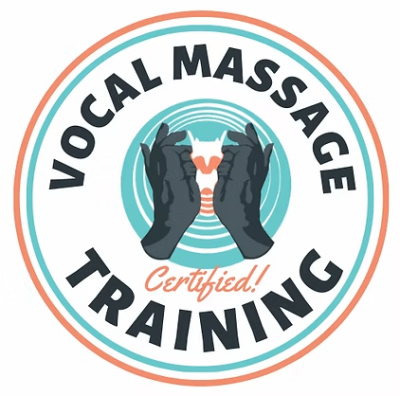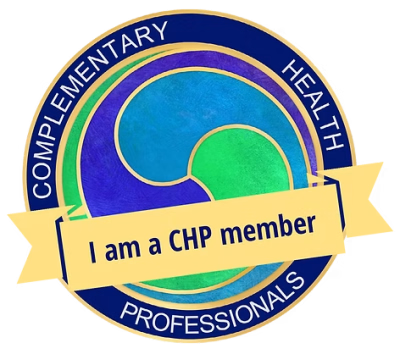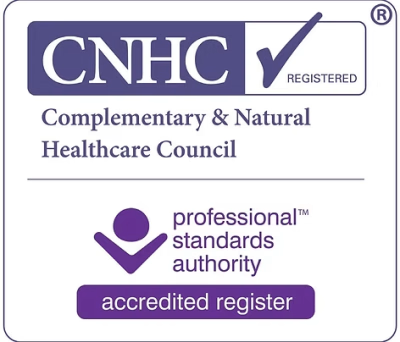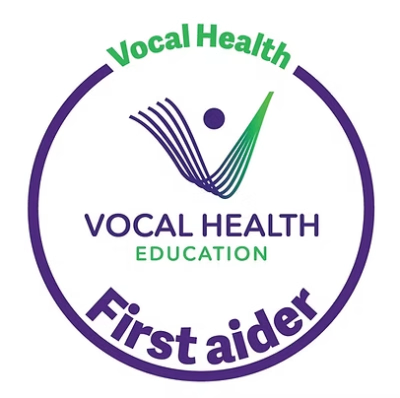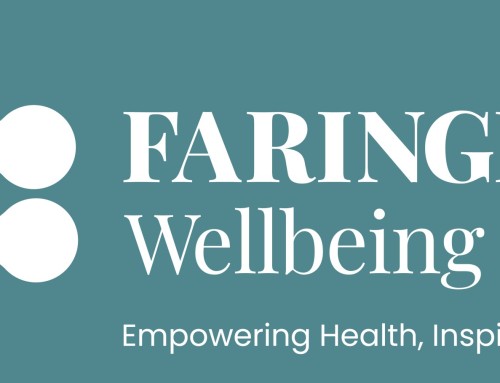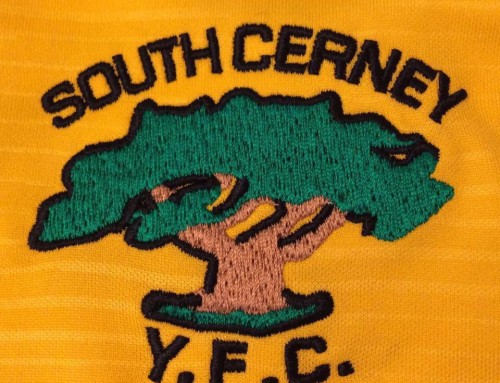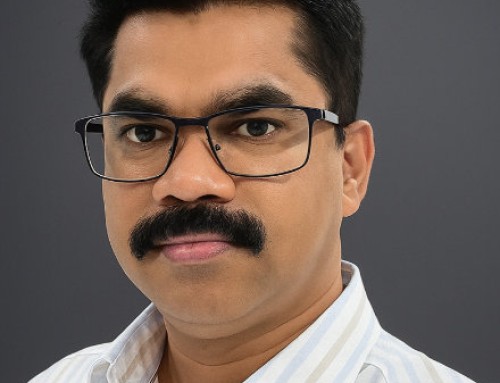We are really excited to welcome Polly Cross to the Clinic, Polly starts with us on November 10th providing Vocal Massage.
Vocal Massage also known as laryngeal manual therapy or laryngeal manipulation, to those experiencing voice issues; swallowing issues; “silent” reflux/LPR; muscle tension dysphonia; and TMJ (Jaw) dysfunction.
It is widely used by singers, actors and public speakers but can be useful to people of all ages, professions and backgrounds.
What can Vocal Massage Help with?
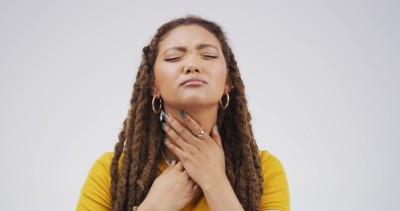
Vocal massage has been used for centuries in an unofficial way to treat many conditions, but it entered mainstream treatment plans back in the 1980s and is now widely accepted as a helpful tool for treating those experiencing vocal and swallowing distress, and there have been numerous studies into its effects.
Vocal massage can be used in the treatment of the following issues and disorders:
-
Dysphagia (difficulty swallowing)
-
Globus (the feeling of something being lodged in your throat)
-
Muscle Tension Dysphonia (MTD)
-
Temporomandibular joint dysfunction (TMJD)Tongue and Jaw
-
Issues transitioning between vocal registers and qualities.
-
Vocal tiredness/fatigue
-
Loss of range/volume/tone in voice.
-
Tongue and Jaw Tension
-
Reflux
Who can Benefit from Vocal Massage?
Vocal massage can serve as a maintenance tool for voice users like singers and actors, and can be used as part of a structured rehabilitation program for those with vocal or swallowing disorders.
For maintenance, performers are recommended to receive treatment during rehearsals, periodically between performances, and after tours to minimize vocal fatigue or injury risks and maintain overall vocal health. Vocal massage can be a beneficial addition to a singer’s regular vocal care routine, alongside consistent vocal coaching, practise, a balanced diet, proper hydration, and adequate rest.
Treatments can be given to people of all ages but children need to be accompanied by an adult and have a parent or guardian’s consent.
How do treatments work?
Vocal massage treatments are tailored to the unique needs and circumstances of the individual. An initial consultation including treatment typically lasts an hour, and follow up treatments can be 30, 45 or 60 minutes. 90 minute treatments can be booked for singers/speakers who wish to have a longer “MOT” style treatment.
A little about Polly:
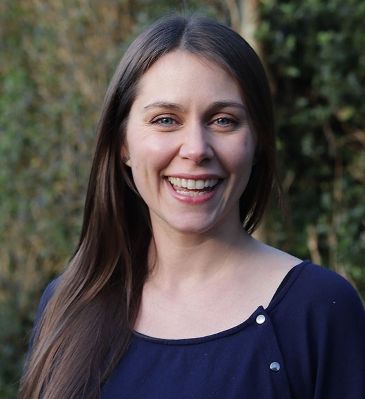
Polly is trained in Sports Massage and Remedial Soft Tissue Therapy and specialises in vocal massage/laryngeal manual therapy (LMT). There are a few different approaches to LMT and Polly has tried to immerse herself in them all by training with Robert Price & Stephen King at Voice Care Centre; Walt Fritz (Voice & Swallowing Disorders); and most recently in Hamburg, Germany with Jacob Lieberman.
Polly began her career as a professional singer, predominantly in the pop/EDM sector and her voice has been heard on many tracks and albums spanning more than two decades. After many years of gigging, touring and studio recording she is no stranger to the stresses and strains that heavy voice work place on the voice. Alongside her work as a laryngeal manual therapist at Faringdon Wellness Clinic she also has nearly 20 years teaching experience and has taught at FE and HE level for many years. She works at Wilkes Academy of Performing Arts, lecturing the diploma and degree students in singing, vocal technique and vocal health, as well working within their injury team giving vocal massage. She is proud to say that many of her students now have exciting careers on the West End or in the music industry.
You can book online with Polly via the following link
Professional Associations:
Polly is a member of the CNHC, CHP and VHFA
